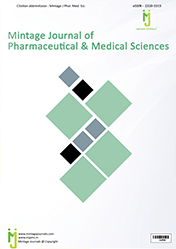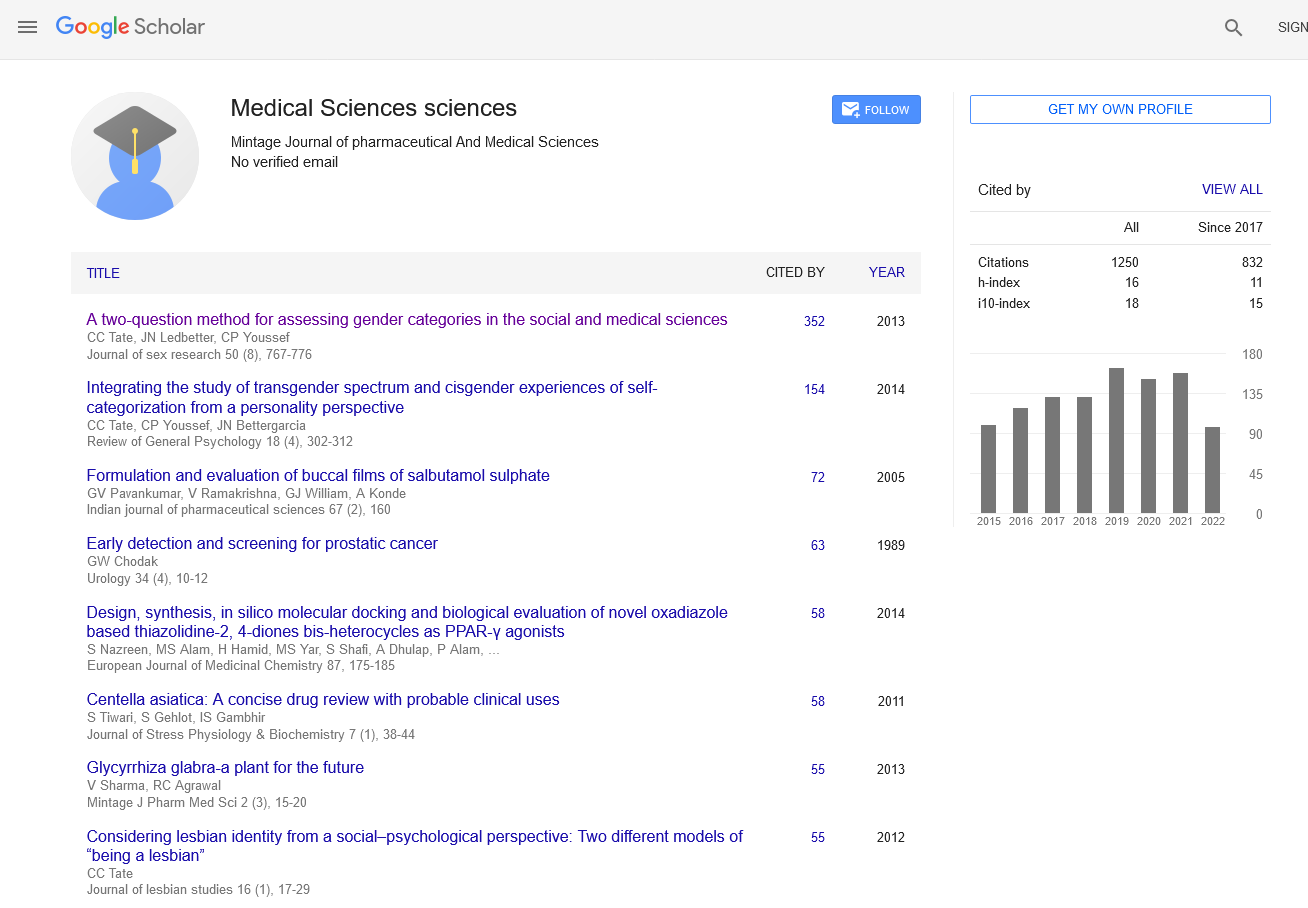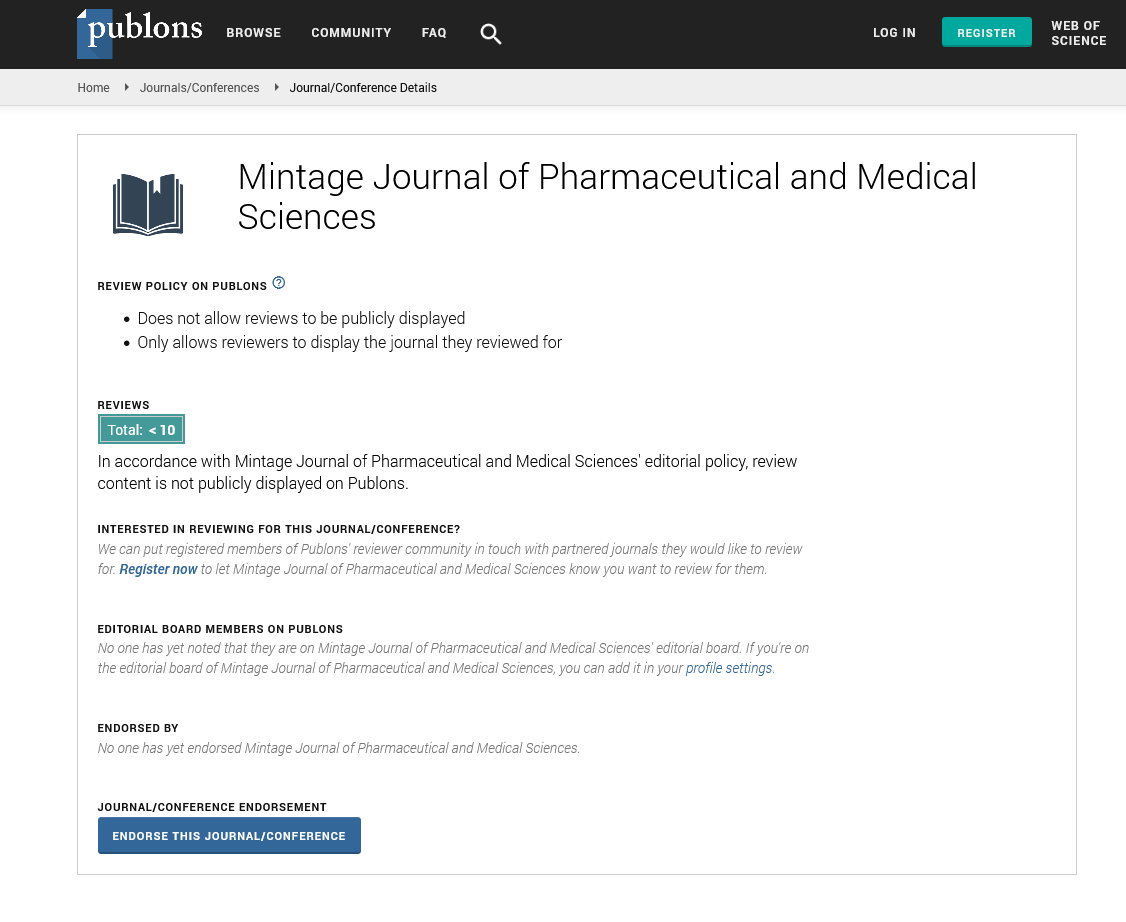Abstract
THE VALUE OF PROCALCITONIN MEASUREMENT IN MENINGITIS PATIENTS
Author(s): SHAIMAA A. HAMEED*1, ZAINAB F. ASHOOR2, DUREED K. AL-SHAREEF
Background:Meningitis is defined as inflammation of the membranes that surround the brain and spinal cord and can occur at any age, it is caused by infectious microorganisms include (bacteria, viruses, fungi, and parasites) and non infectious include (drugs, carcinoma and inflammatory disorder). Objective:The objective of the present study was to evaluate the value of PCTlevels to discriminate between bacterial and non-bacterial meningitis patients.
Methods:A total of 40 patients with meningitis admitted to emergency department of Baghdad teaching hospital and pediatrics emergency room in child welfare teaching hospital were followed in this prospective study. Cerebrospinal fluid (CSF) sample where collected from 40 patients and serum sample collected from these patients and healthy person. NHSreal-time PCRtechnique using to identified the type of bacteria and serum levels of PCTwere measured.
Results:The diagnosis of meningitis was based on clinical findings, gram staining, culture, and chemical analysis of CSF. Twenty-eight of patients were diagnosed as bacterial meningitis and the other twelve patients as non-bacterial meningitis.The mean PCTlevel in patients with bacterial meningitis was 658.00 pg/ml, and the lower level was 21. Pg/ml, while the higher level in patients with non-bacterial meningitis was 11.00 pg/ml (mean level, 5.30 pg/ml). It is clear from the range of serum PCTlevel that there are no overlapping values seen for serum PCTin both groups. Conclusion:Serum PCTlevels can be used in the early diagnosis of bacterial meningitis and is more valuable marker than the other predictive marker. Similarly, they may be useful in differential diagnosis of bacterial and non-bacterial meningitis to assess treatment efficacy

ISSN: 2320-3315
ICV :81.58

